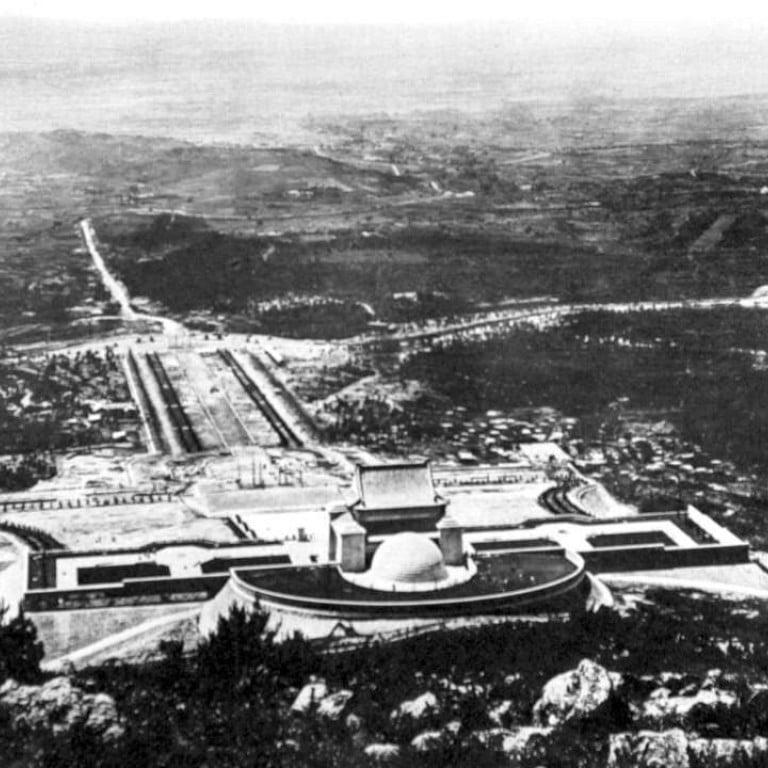
The day Sun Yat-sen died, leaving China like ‘the play without Hamlet’
When the founding father of the Republic of China died, some mourned him, while others condemned him. The South China Morning Post weighed the arguments and delivered its own judgment
“News of the death of Dr Sun Yat-sen reached Hongkong at noon yesterday,” announced a story in the South China Morning Post on March 13, 1925.
While Sun’s life is well documented and posterity would be his judge, commentary by the Post‘s editorial writer offers a window on how he was viewed in the moment.
“Without him China will seem for a time ‘the play without Hamlet’,” they wrote. “In all the capitals of the world to-day, pens will be busy appraising him. Orthodoxy will dictate adherences to that old adage ‘De mortuis nil nisi bonum’; but therein will lie the test of [his] greatness. It is only of the inconsiderable that the biographers say nothing but good [...]

“Against that, we have this from another pen: ‘Father of the Revolution, Sun is a statesman, a hero and a martyr. Alone in all the contesting leaders in China he has no axe to grind. He asks nothing for himself: he is of the people and for the people.’ The true estimation of him probably lies between those extremes, and nearer the latter. […]
“Much derogatory of Sun has been written in Hongkong during the last few years – at best he was an impractical dreamer; at worst, a fraud. His chief fault, however, would seem to have been that he failed so pathetically: [...] it has been said no reformer in any country had such opportunities as Sun, nor made less use of them. Ourselves, however, have ventured to question whether, in like circumstances, Napoleon, Cromwell, Garibaldi, Washington would not have failed. […] We can, therefore, judge Sun kindly and concede that the dice were against him, driving him to the desperation of a man who plays a losing game.”
